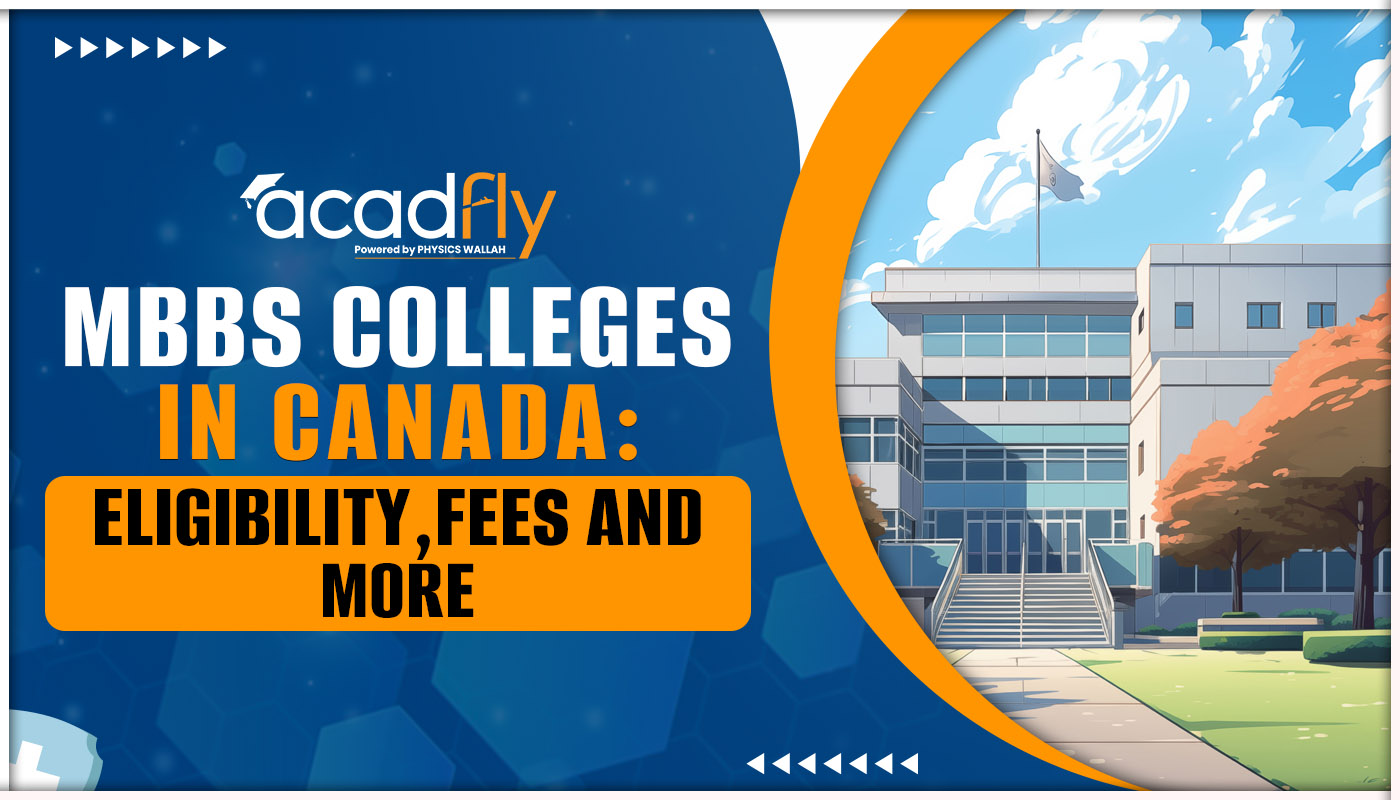

France is a top choice for international students, thanks to its world-renowned universities, rich culture, and vibrant lifestyle. What makes studying in France even more appealing is the opportunity to stay and work in the country after graduation. The France Post-Study Work Visa is a pathway that allows graduates to gain valuable professional experience, contribute to the French economy, and possibly even settle permanently. This guide will walk you through everything you need to know about obtaining a post-study work visa in France, ensuring you're well-prepared to make the most of this opportunity.
What is the France Post-Study Work Visa?
The France Post-Study Work Visa is a type of temporary residence permit that allows non-EU/EEA international students to stay in France after completing their studies. This visa is particularly beneficial for those looking to kickstart their careers in Europe, as it provides a bridge between academic life and the professional world. For those seeking a Post-Graduate Work Visa in France, this visa is an ideal stepping stone.
Why is the France Post-Study Work Visa Important?
France recognizes the value that international graduates bring to its economy, which is why the government has created this visa to encourage them to stay. By allowing graduates to work in France, the country benefits from a diverse and skilled workforce, while students gain crucial work experience in a global setting. Moreover, working in France after graduation can open doors to permanent residency, making it an essential step for those who wish to build a long-term future in the country.
Types of France Post-Study Work Visas
While the France Post-Study Work Visa is a general term, there are different types of visas available depending on the student's situation:
-
APS (Autorisation Provisoire de Séjour): A temporary residence permit that allows graduates to stay in France for up to 12 months while they search for a job or start a business. This is a popular option for those transitioning from a France Student Visa to a Work Visa.
-
Skills and Talents Visa: A permit for those who have a specific project or skill that will benefit France, valid for up to three years.
-
Talent Passport: A long-term visa for highly skilled individuals, researchers, or entrepreneurs, valid for up to four years.
-
Employee Visa: A standard work visa for graduates who secure a job in France, typically valid for one year with the possibility of renewal.
-
Entrepreneur Visa: A visa for graduates who wish to start their own business in France, requiring a viable business plan and financial resources.
Eligibility Criteria for the France Post-Study Work Visa
To apply for the France Post-Study Work Visa, you must meet specific eligibility requirements. Understanding these criteria is crucial, as failing to meet them could result in the rejection of your application.
Educational Qualifications
The primary requirement for the France Post-Study Work Visa is the completion of a degree at a recognized French institution. The degree must be equivalent to a Master's level or higher. This includes:
-
Master’s Degree: A two-year program that follows the undergraduate level.
-
MBA (Master of Business Administration): A specialized degree focusing on business and management.
-
Doctorate (Ph.D.): A research-focused degree that takes several years to complete.
Graduates with these qualifications are eligible to apply for the post-study work visa, also referred to as a Post-Graduate Work Visa in France. However, it's essential to ensure that your degree is recognized by the French Ministry of Higher Education.
Valid Residence Permit
During your studies, you would have been issued a student visa or residence permit (VLS-TS). To be eligible for the post-study work visa, this permit must still be valid at the time of your application. If your student visa is about to expire, you should apply for a temporary resident permit (APS) to avoid any gaps in your legal status, which is crucial for a smooth France Student Visa to Work Visa Transition.
Nationality Requirements
The France Post-Study Work Visa is primarily aimed at non-EU/EEA students. If you are an EU/EEA national, you do not need a visa to stay and work in France. However, you may still need to fulfill other legal requirements, such as registering with the French social security system.
Job Offer or Business Plan
While the APS allows you to stay in France for up to 12 months without a job, securing employment is often necessary for transitioning to a long-term work visa. If you plan to start your own business, you will need to present a viable business plan along with evidence of sufficient financial resources. This step is key for obtaining a Post-Study Work Permit in France.
Financial Stability
Demonstrating financial stability is another key requirement. This includes having enough funds to support yourself while you search for a job or establish your business. You may need to provide bank statements or proof of sponsorship as part of your visa application, especially if you are applying for a France Work Visa for International Students.
How to Transition from a France Student Visa to a Work Visa
Transitioning from a student visa to a work visa in France is a process that requires careful planning. It’s essential to understand the steps involved to ensure a smooth France Student Visa to Work Visa Transition.
Step 1: Complete Your Degree Program
Your journey to obtaining a Post-Study Work Permit in France begins with completing your degree program. Whether you’re pursuing a Master’s, MBA, or Ph.D., ensure that all academic requirements are met and that you receive your diploma from a recognized French institution. This diploma will serve as the cornerstone of your post-study work visa application.
Step 2: Apply for APS (Autorisation Provisoire de Séjour)
The APS is a temporary resident permit that allows you to stay in France for an additional 12 months after your student visa expires. This period is crucial for finding a job or starting a business. To apply for APS, you will need to provide:
-
A valid passport
-
Proof of degree completion (diploma)
-
Proof of residence in France
-
Financial statements
It's important to apply for APS before your student visa expires to avoid any legal complications during your France Student Visa to Work Visa Transition.
Step 3: Secure Employment or Develop a Business Plan
During your APS period, your primary focus should be on securing employment or finalizing your business plan. For those seeking employment, networking with potential employers, attending job fairs, and using online job portals are effective strategies. If you're an entrepreneur, work on developing a solid business plan that demonstrates the viability and potential impact of your business in France.
Step 4: Apply for the Appropriate Work Visa
Once you have secured a job or finalized your business plan, you can apply for the appropriate work visa. The type of visa you choose will depend on your situation:
-
Employee Visa: For those who have secured a job offer in France.
-
Talent Passport: For highly skilled professionals or those with significant achievements in their field.
-
Entrepreneur Visa: For graduates who wish to start their own business in France.
This step finalizes your transition from a France Student Visa to a Work Visa.
Step 5: Attend the Visa Interview (if required)
In some cases, you may be required to attend an interview at the French consulate or immigration office. During the interview, you may be asked to provide additional details about your job offer, business plan, or long-term career goals. Be prepared to discuss how your employment or business will contribute to the French economy.
Step 6: Await Visa Approval
The processing time for the work visa can vary, but it typically takes several weeks. During this time, make sure you keep track of your application status and respond promptly to any requests for additional information.
Step 7: Receive Your Work Visa
Once your application is approved, you will receive your France Post-Study Work Visa, allowing you to stay and work in France for the specified duration. Make sure to familiarize yourself with the conditions of your visa, such as the duration of stay and renewal procedures. This is the final step in your France Student Visa to Work Visa Transition.
Types of Work Visas Available After Studying in France
There are several types of work visas available to international graduates in France. Choosing the right one depends on your career goals, level of education, and specific circumstances.
1. Talent Passport
The Talent Passport is designed for highly skilled professionals, researchers, artists, and entrepreneurs. It offers a long-term stay in France (up to four years) and can be renewed. To qualify for this visa, you need to meet specific criteria:
-
Highly Skilled Workers: You must have a job offer with a salary of at least 36,946.20 euros per year.
-
Researchers: You must be engaged in research activities and have a hosting agreement with a recognized institution.
-
Entrepreneurs: You must present a viable business plan and demonstrate that your business will contribute to the French economy.
The Talent Passport is ideal for those who wish to establish themselves in France long-term, as it offers a pathway to permanent residency and citizenship, making it a preferred choice for those on a Post-Graduate Work Visa in France.
2. Skills and Talents Permit
The Skills and Talents Permit is aimed at individuals who possess unique skills or talents that can benefit France. This permit is valid for three years and can be renewed. To apply, you need to present a project that demonstrates how your skills and talents will contribute to the French economy, culture, or society.
This visa is suitable for professionals in fields such as arts, sports, academia, or entrepreneurship. It offers the flexibility to work in your chosen field while also allowing you to engage in other activities that align with your skills and talents.
3. Employee Visa
The Employee Visa is the standard work visa for international graduates who have secured a job in France. This visa is typically valid for one year, with the possibility of renewal. To qualify, you need a job offer from a French employer, and your salary must meet the minimum threshold set by the French government.
The Employee Visa is ideal for those looking to gain professional experience in France, and it offers the possibility of transitioning to a long-term residence permit after several years of employment.
4. Entrepreneur Visa
The Entrepreneur Visa is designed for graduates who wish to start their own business in France. To qualify, you need to present a viable business plan and demonstrate that you have sufficient financial resources to support your venture. This visa is typically valid for one year, with the possibility of renewal.
The Entrepreneur Visa offers the opportunity to establish a business in one of Europe’s most dynamic economies and can lead to long-term residency in France.
Benefits of Obtaining a France Post-Study Work Visa
Obtaining a France Post-Study Work Visa offers numerous benefits, both professionally and personally. Here are some key advantages:
1. Gain International Work Experience
Working in France provides invaluable international work experience, which can enhance your resume and open doors to global career opportunities. Employers worldwide value candidates with diverse work experiences, and having professional experience in France can set you apart in a competitive job market.
2. Access to High-Quality Jobs
France is home to numerous multinational companies and innovative startups, offering a wide range of high-quality job opportunities. Whether you're interested in finance, technology, healthcare, or the arts, you'll find plenty of options to kickstart your career.
3. Opportunity for Permanent Residency
The France Post-Study Work Visa can be a stepping stone to permanent residency. After working in France for several years, you may become eligible for a long-term residence permit or even French citizenship. This offers the opportunity to build a stable and fulfilling life in one of the world's most desirable countries.
4. Explore the Rich Culture of France
Living and working in France allows you to immerse yourself in its rich culture, history, and lifestyle. From exploring iconic landmarks to enjoying world-class cuisine, your time in France will be filled with unforgettable experiences.
5. Expand Your Professional Network
Working in France enables you to build a strong professional network, connecting with colleagues, mentors, and industry leaders. This network can be invaluable for your career growth, providing support, opportunities, and insights into your field.
Challenges of the France Post-Study Work Visa
While the France Post-Study Work Visa offers numerous benefits, it’s important to be aware of the challenges that may arise.
1. Language Barrier
One of the most significant challenges international graduates face is the language barrier. While many multinational companies in France operate in English, fluency in French is often essential for securing employment in other sectors. It's advisable to invest time in learning French to increase your chances of success.
2. Competitive Job Market
France has a competitive job market, especially in industries such as finance, technology, and engineering. Graduates must be proactive in their job search, leveraging internships, networking events, and job portals to secure employment.
3. Visa Renewal and Legal Requirements
Navigating the legal requirements for visa renewal can be complex. It's crucial to stay informed about the latest immigration laws and ensure that all documentation is up-to-date. Failing to meet these requirements could jeopardize your ability to stay in France.
Frequently Asked Questions
1. Can I apply for the France Post-Study Work Visa while my student visa is still valid?
2. How long does the France Post-Study Work Visa last?
3. Can I switch employers while on a France Post-Study Work Visa?
4. Is it possible to start my own business in France on a Post-Study Work Visa?
5. What happens if I don't find a job within the APS period?









